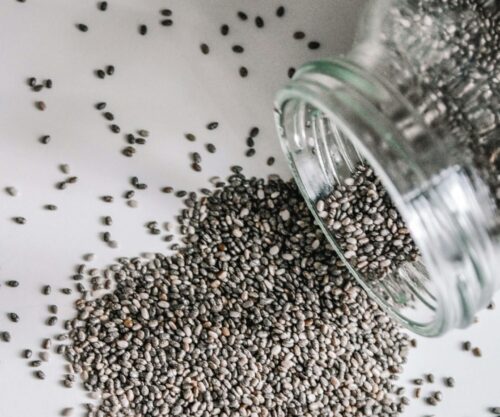
With Valentine’s Day falling on the 14th, February is the month of love. No doubt there’ll be the usual fuss, with hearts and flowers very much to the fore and fine-dining experiences galore on offer. It all indicates how essential relationships are to our happiness and well-being.
But when they go wrong, the fallout can be devastating. As we lean into the month of love, let’s take stock of how your romantic relationship could affect your mental and physical health.
Kena Health Clinical Care lead Dr Chido Siame, weighs in on the topic. “Romantic or sexual relationships profoundly impact our mental, sexual and reproductive health. On the Kena Health app, we have thousands of patients seeking online counselling for mental distress relating to relationships or medical advice and treatment for STIs and contraception.”
Whether your relationship is long-standing or new, here are some red flags to look out for:
Your partner is not willing to talk about and practice safe sex.
Living in a country with some of the highest rates of HIV and sexually transmitted infections (STIs), we need to normalise discussions on safe sex, understand the risks and how to reduce them.
Condom usage is still the most effective method of preventing STIs. In addition, excellent vaccines for Hepatitis B and HPV (Human papillomavirus infection), two common infections spread by sex, now exist. Birth control also remains crucial, because unplanned pregnancies can place emotional and financial strain on people.
“At Kena Health, we are committed to decreasing the stigma around STIs and safe sex. Our app offers an inexpensive and private way of accessing advice and prescriptions as needed, both for STIs and birth control,” Dr Siame says. “The adage, Prevention is always better thancure, has never been more true.”
Your partner abuses you emotionally.
Emotional abuse can be subtle yet devastating. Examples could include insults about your appearance, behaviour or intelligence. Another abusive tactic is excessive possessiveness and isolating you from others. This could discourage you from spending time with, or talking to, friends and loved ones. Another mark of emotional abuse is controlling behaviour. This means the abuser tries to control your decisions regarding finances, the way you dress, how you spend your time, what work you do, and so on. Controlling behaviour could also manifest as pressurising you or intimidating you, into doing things that you don’t want to.
Physical abuse and violent outbursts.
Anger and violence towards you are clear warning signs, but an earlier warning signal is this type of behaviour towards others, animals, and even physical objects. Shamefully, South Africa has one of the highest rates of gender-based violence and femicide in the world.
“Our therapists encounter many patients seeking help in dealing with abusive relationships—and we must never forget that abuse can be emotional as well as physical. Both are unacceptable,” she says. “Our therapists have the tools to help patients come to grips with the problem, offering counselling and practical help, as needed.”
Substance abuse.
All kinds of substance abuse can impact a relationship and may even lead to abuse in one form or another. Binge drinking can be a warning that your partner has substance-abuse issues. If you’re in a relationship with an addict or contemplating one, you need to be sure that he or she is committed to a recovery programme—and that you are committed to supporting their journey, is Dr Siame’s advice.
“While this isn’t an exhaustive list, it does highlight some of the most common things to watch out for,” Dr Siame concludes. “But perhaps the biggest test is how the relationship makes you feel. If you’re happy and energised, that’s a good sign—but if you experience dread or are constantly asking questions, perhaps it’s time to do some hard thinking and get some help.”




